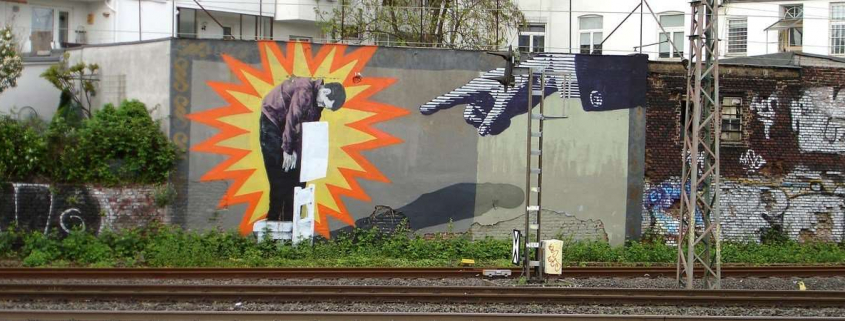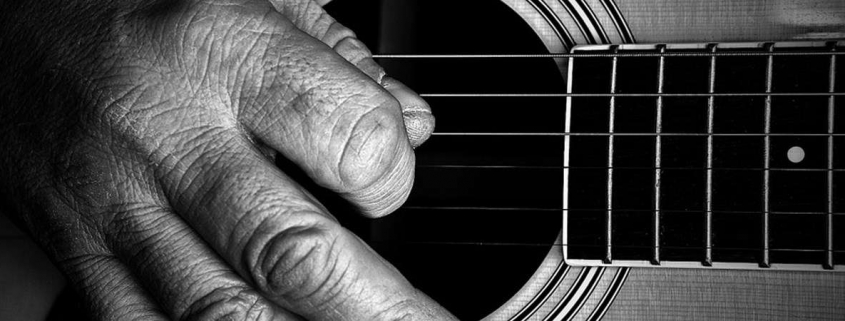The Unspoken Truth of the Frontline
Anna Suswillo, Mayday’s Asset Coach, shares the unspoken truth about working on the frontline and her experiences of being in and against the system.
When I tell people what I do, they often tell me how worthwhile it is, and how “good it must make you feel”.
In many ways, this is true. There are few feelings better than seeing someone you have worked with reach that milestone or make that decision. It’s what we’re about.
But it is also true that there are elements of the job that can leave you feeling frustrated, useless, powerless and not at all “good”. These are the ones that aren’t talked about, because it’s not fun to hear and it detracts from the successes. The closest reference people might make is, “I couldn’t do your job”, but the presiding belief is that every day you must go home with a glow of do-gooder satisfaction.
Some days, I go home feeling that I do very little good, for anyone, ever.
The origins of this feeling operate on two different levels.
On the one hand, the people you work with can contribute to chipping away at self-worth. If you do not have thick skin, a strong understanding of emotions behind abusive behaviour, and a robust support system (professional and personal) you will very quickly find yourself on a train ride to low self-esteem-ville. There will always be people who take their frustrations out on you; it’s not personal, they need to express the injustice of their situation. But this does mean that you will repeatedly hear that you are useless, that you don’t care and that, actually, they don’t like you at all.
As someone who comes into the sector because you fundamentally do care, and want to be useful, this can be very demotivating to hear. Especially when it is your job to pick yourself up, bounce back and approach the same person again with no judgement, resentment or fear. But you must do it. You don’t need to be liked to help. You do need to be there.
The other hand hitting you is what we murkily refer to as ‘The System’. The System is ever-present and it is rarely your friend. If you are not careful, The System will take all your motivation, good intentions, innovations and eagerness to help and flush it down the toilet. That referral will be rejected due to an obscure technicality; that person’s case will be closed when they can’t attend an appointment for mental health support because they are enduring an episode of poor mental health; this person won’t be treated because they are not ill enough.
Sometimes it can feel like it is the people in the other organisations and services that are standing in your way, but it isn’t; it is their part within The System that is. They, too, are frustrated and upset with the way things work but feel it’s impossible to change them. Constantly slogging against The System, trying to negotiate your way through it, or trying to creatively work outside it is tiring, especially when you know that things could be so much better.
These are not the heart-warming elements of front-line working that people want to hear at a party. And, as a person, these are not feelings that you want to have. But how can you combat them and still stay in the same role? Because, certainly, if we want the system to change, this can only be done by combating it and persistently shouting out when you see something wrong.
Firstly, personal disposition cannot be overlooked. That is not to say that everyone needs to be exactly the same, but there does need to be an element of passion, motivation and positive belief threaded through with a solid line of steel. This does not mean that you cannot be emotional or compassionate; it means you need to be able to reason your way through complicated behaviour and, more importantly, ‘bounce back’.
These people need to be put together. Combating a system and sometimes verbal abuse is going to be more difficult if you are not surrounded by people who share your core values and mission. You need team members who can understand that sometimes things hurt and are upsetting, but who are also able to give you a perspective on why that person did that or how you can work around that barrier; or when you need to lay down a reasonable boundary.
Finally, you need to be appreciated by those that employ you. Not in the “worthwhile” sense, but in an organisation that respects the work you do and the difficulties you encounter every day. You need to feel trusted and empowered to make decisions, but also supported to say when things are building up. I think this is something that a lot of organisations need to work on. Sometimes it is not enough to say that you respect staff; you need to show it too. And showing it can take the form of practical support, such as supervisions and reflective practice.
For me, personally, this is the work that I love and enjoy. So in many ways, the decision to work on the frontline is not a “selfless” act; I would go mad if I had to sit in an office all day. I work with people, not damaged objects, and there is always an emotional toll of working with people. We must not romanticise the roles of people working on the frontline, but accept the roles in all their gruesome detail and come up with better plans to support, encourage and enable those who are striving to support, encourage and enable people facing difficult situations.






